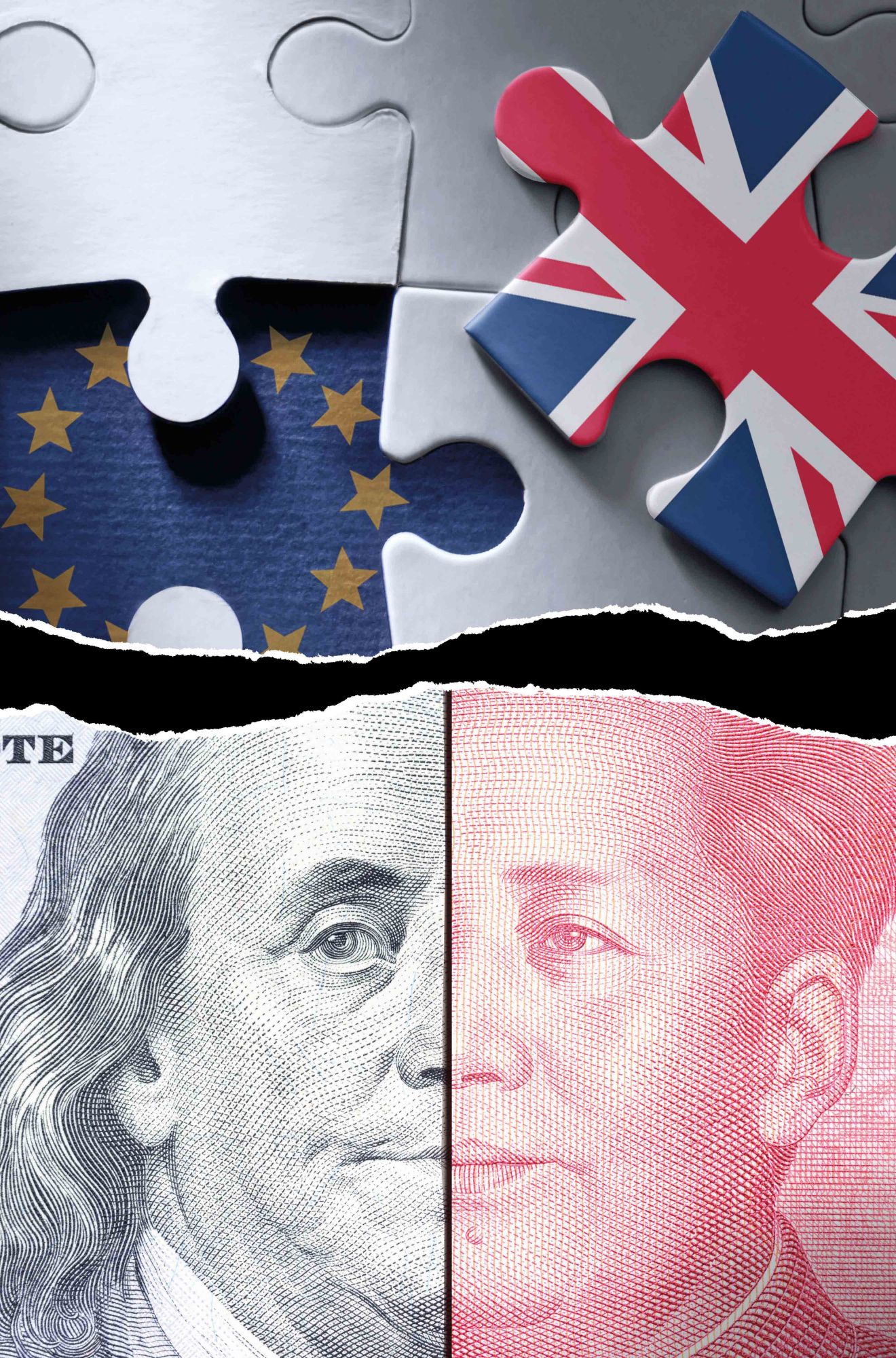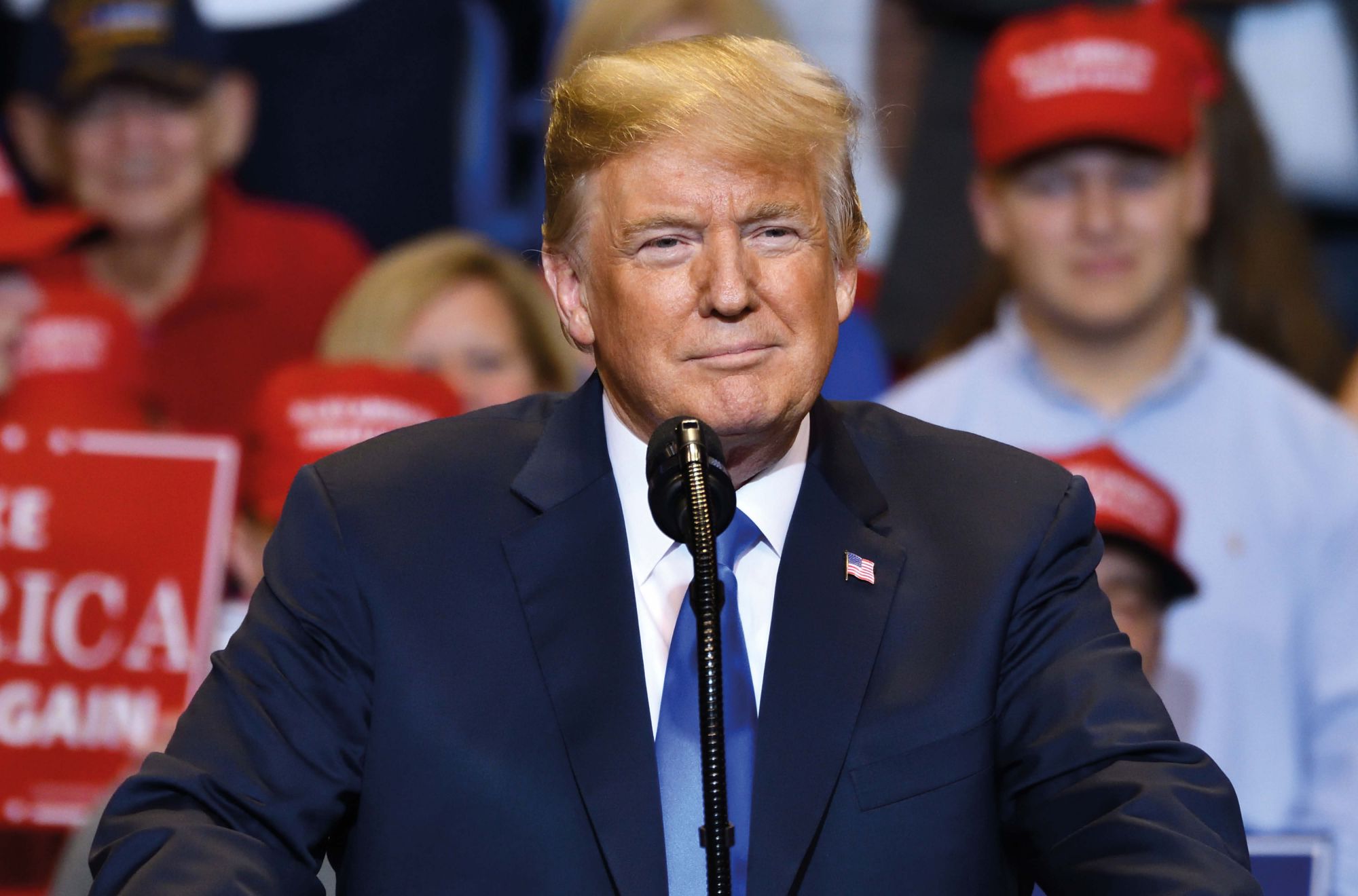Brexit and the US-China trade war pose big challenges for investors. We gather insights from experts on how to tackle risk in your portfolio
Global markets have taken a beating so far this year, even though 2019 is still relatively young. Geopolitical upheavals from 2018, such as the US-China trade war and Brexit, have created huge uncertainty.
With slowing growth and volatile financial conditions, investors need a nimble macro-economic strategy to navigate the current market risks and leverage long-term investment opportunities. With these goals in mind, Hong Kong Tatler has asked a select group of investment analysts to offer their predictions concerning the global economy and, most importantly, their advice on which asset classes or sectors will perform best.
Of course, forecasting is never easy and, given the volatility of both the US-China trade war and Brexit, it’s important to practise prudence.

Brexit
In June 2016, when Britain voted in a referendum to leave the European Union, the pound fell as much as 10 per cent against the US dollar. The Brexit decision also triggered large fluctuations in the Hong Kong stock market, affecting the performance of derivatives, i.e., futures and callable bull/bear contracts.
While the deadline for Britain’s withdrawal is March 29 this year, a lot remains up in the air right now in the not so United Kingdom. But in a global economy, there are good reasons to take steps to shock-proof your investment portfolio.

